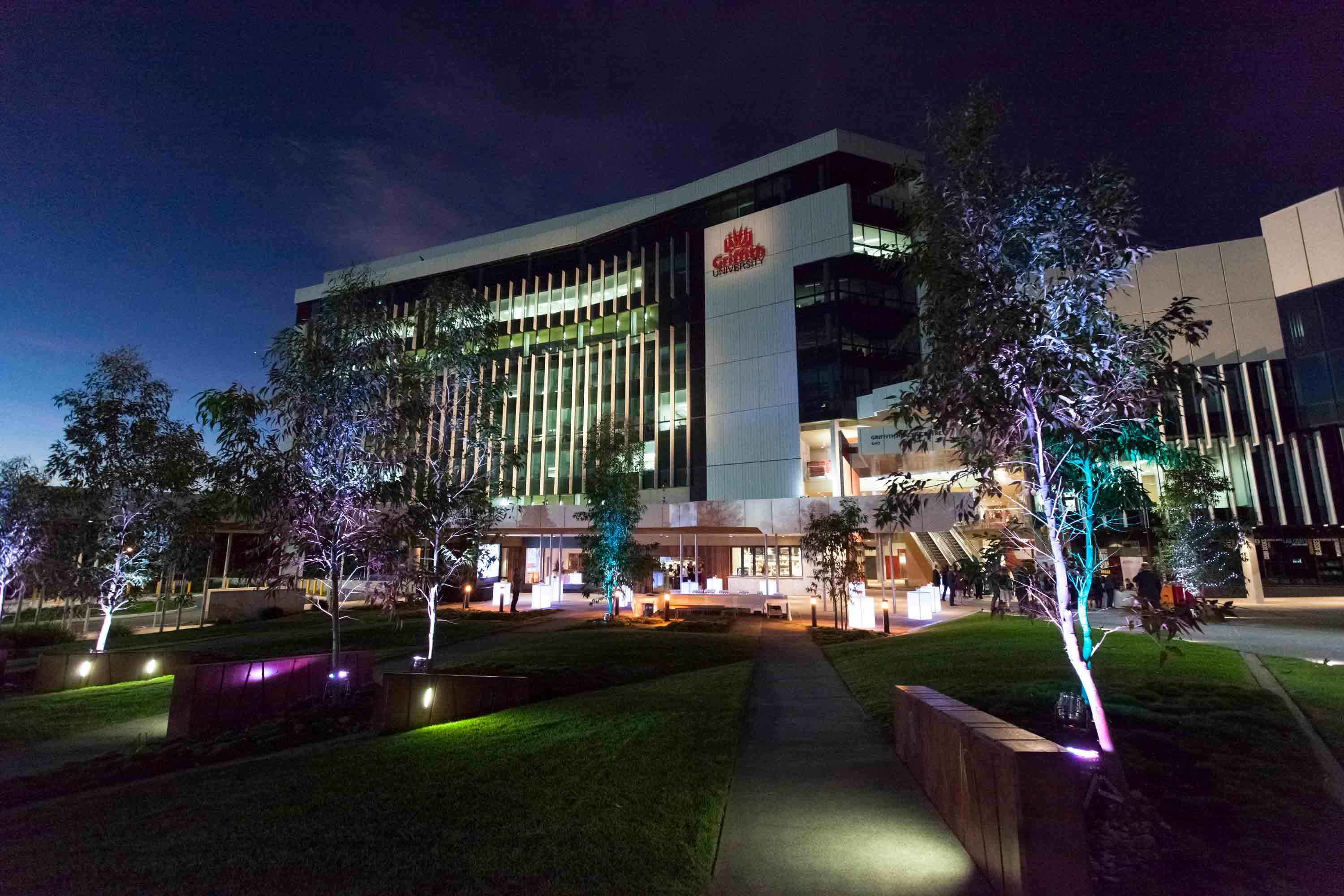
Principal speaker
Professor Andreas Guse
Menzies Health Institute Queensland Program Seminar Series
National Centre for Neuroimmunology & Emerging Diseases (NCNED) - Hosts Professor Sonya Marshall-Gradisnik and Professor Donald Staines
Professor Andreas Guse - Title: Adenine Nucleotide-Dependent Calcium Signaling in T-lymphocytes
Abstract -
Ca2+ signaling during T cell activation is essential for an adaptive immune response, both in immunity against pathogens and in autoimmune processes. In recent years, we analyzed and defined roles for adenine nucleotide 2nd messengers, such as nicotinic acid adenine dinucleotide phosphate (NAADP) and 2'-deoxy-adenosine diphosphoribose (2dADPR). NAADP antagonist BZ 194 inhibited Ca2+ mobilization evoked by NAADP or by formation of the immunological synapse between T cells and astrocytes in primary intact T cells. Downstream events of Ca2+ mobilization, such as nuclear translocation of "nuclear factor of activated T cells" (NFAT), T cell receptor-driven interleukin-2 production and proliferation in antigen-experienced CD4+ effector T cells were attenuated by the NAADP antagonist (1). Further, we provide in vitro and in vivo evidence that Ca2+ signaling controlled by NAADP is relevant for the pathogenic potential of autoimmune effector T cells during experimental autoimmune encephalomyelitis, animal model for multiple sclerosis.
On the sub-second and second timescale of T cell activation, we recently characterized Ca2+ microdomains. In the majority of T cells, such Ca2+ microdomains were observed within the 1st second of stimulation (3). According to current model, Ca2+ release events precede Ca2+ entry. Accordingly, T cells from type 1 ryanodine receptor knock-out mice (Ryr1-/-) revealed a major role for RYR1 in Ca2+ microdomain formation (3).
In contrast, knock-out of RYR3 or two-pore channels (TPC1/TPC2) did not affect Ca2+ microdomains. Microinjection of NAADP within 20 ms evoked Ca2+ microdomains in Jurkat T cells; gene silencing of RYR or NAADP antagonism abolished this effect (3). These data indicate that RYR1 activation by endogenous NAADP plays a major role in Ca2+ microdomain formation, thereby influencing downstream events of T cell Ca2+ signaling (as mentioned above).
As novel finding we present involvement of a Ca2+ entry component in Ca2+ microdomain formation. Using primary murine Trpm2-/-, Orai1-/-, Orai2-/-, Orai1-/-2-/-, Stim1-/-, Stim2-/- and Stim1-/-2-/- T cells, a comparable role for ORAI1, STIM1 and STIM2 was established for Ca2+ microdomains, as compared to RYR1. The interaction of these Ca2+ channel/adaptor proteins during Ca2+ microdomain formation will be discussed.
TRPM2 is another ion channel potentially involved in controlling T cell activity. A novel super agonist of TRPM2, 2dADPR, behaved as a significantly better TRPM2 agonist inducing 10.4-fold higher whole cell currents at saturation as compared to ADPR (4). Mechanistically, this increased activity is caused by a decreased rate of inactivation and a higher average open probability. Using HPLC and mass spectrometry, endogenous 2dADPR was detected in Jurkat T-lymphocytes. We propose that 2dADPR is a novel second messenger produced by type III CD38 and is the primary agonist of TRPM2 (4). Taken together, adenine nucleotide 2nd messengers NAADP and 2dADPR play significant roles in shaping T cell Ca2+ signaling, thereby also controlling autoimmunity of the CNS.
Biography -
Professor Andreas Guse is a researcher pursuing interests in the fields of biochemistry, molecular biology, cell biology of cellular signal transduction and molecular mechanisms of T cell activation. He is also interested in immuno-pharmacology and the design of anti-inflammatory drugs, high resolution optical techniques for cell signaling research and research in medical education. His work has been published in Nature Chemical Biology, Science Signaling, The Journal of Biological Chemistry, Brain and Nature, among others. To date, Professor Guse has 122 PubMed listed publications on biochemistry, cell and molecular biology, and medical education.
Professor Guse earned his diploma degree in Biology at the University of Hamburg between 1980-87. He then received his Dr. rer. nat. doctoral degree in chemistry from the University of Hamburg in 1990 and his Dr. med. habil. from the University of Erlangen-Nürnberg in 1993. He became Privatdozent at the University of Hamburg in 1994 and Professor of Biochemistry and Molecular Biology there in 2000. Since 2007 Professor Guse has held the position of Vice Dean of Education of the Medical Faculty at the University of Hamburg and since 2013 he has been Director of the Department of Biochemistry and Molecular Cell Biology at University Medical Center Hamburg-Eppendorf.
Professor Guse is a member of the editorial boards of Messenger and Scientific Reports and the overseas Editor-in-Chief of The Journal of Chinese Pharmaceutical Sciences. In 2000 he won the Research Award of the Germany Society for Cell Biology for research into the role of cyclic ADP-ribose in T-lymphocytes and in 2006 he was awarded the silver medal by the Peking University Health Science Center. Since 2018 Professor Guse is speaker of the Collaborative Research Center "Adenine Nucleotides in Immunity and Inflammation' (funded by the Deutsche Forschungsgemeinschaft).
RSVP -
RSVP deadline 16 November 2018
Seminar Flyer -
Download the flyer for this seminar here